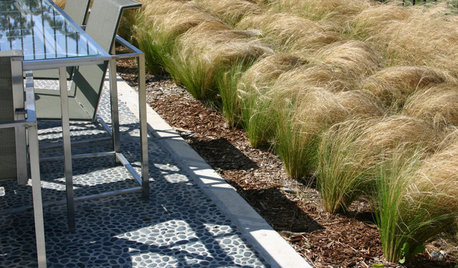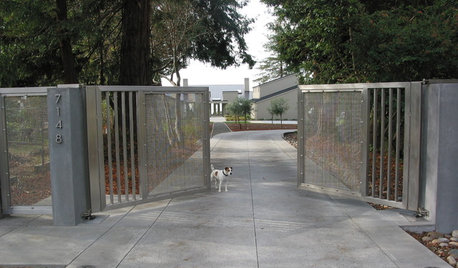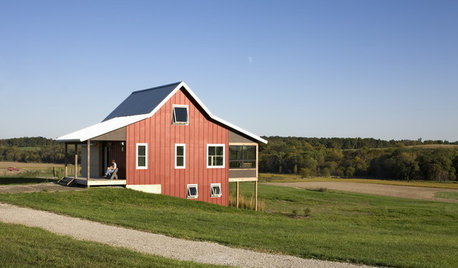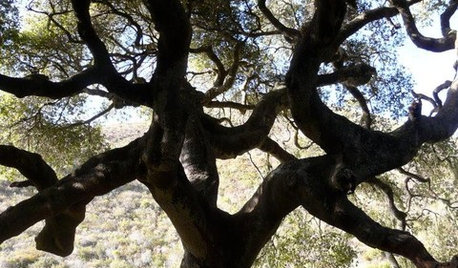Microclimates
tinael01
11 years ago
Related Stories

LANDSCAPE DESIGNLearn Your Garden’s Microclimates for a Resilient Landscape
Reduce your water demand and learn the basis of planting the right plant in the right place
Full Story
PATIO OF THE WEEK3 Microclimates and Countless Blooms
A trio of outdoor rooms plus a porch swing, exuberant plantings and plenty of seating make this Massachusetts yard ready to entertain
Full Story
LANDSCAPE DESIGNHow and What to Plant in Dry, Sunny Spots
Save water and improve your site’s look with these design tips and help from a pro
Full Story
GARDENING AND LANDSCAPINGOrnamental Grasses in the Landscape
Low-maintenance grasses add beauty and motion to the garden
Full Story
GARDENING AND LANDSCAPINGLush Garden in the Las Vegas Desert
Beauty goes hand in hand with water savvy in a couple's oasis of green in the Nevada desert
Full Story
GARDENING AND LANDSCAPINGHouzz Tour: Indoor-Outdoor Harmony Over the Pacific
Landscaping for Wind, Water, Earth, Sky ... and Bocce Ball and Pizza Oven
Full Story
LANDSCAPE DESIGNTry Slow Gardening for Some Unexpected Benefits
Why set your garden on the fast track? Here's how to relax and enjoy it in an entirely new way
Full Story
HOUZZ TOURSHouzz Tour: Contemporary Country Charm in Iowa
Limited square footage is offset by flexible design, careful planning and an expansive outdoor landscape
Full Story
CALIFORNIA NATIVE PLANTSGreat Design Plant: Coast Live Oak
The stuff of legends and memories, this California tree is one to build a whole landscape around
Full StorySponsored




Related Discussions
Taking advantage of micro-climate.
Q
Creating a microclimate for Redwoods?
Q
A Microclimate
Q
Little Miss Figgy transplant into Al's Gritty Mix & Microclimate
Q